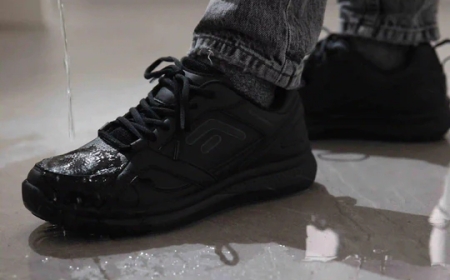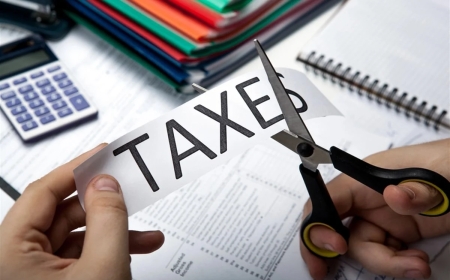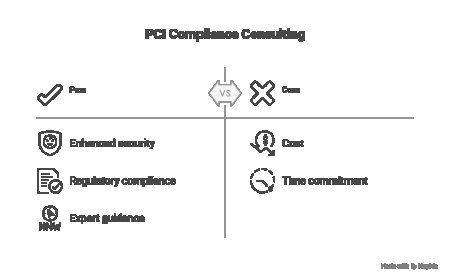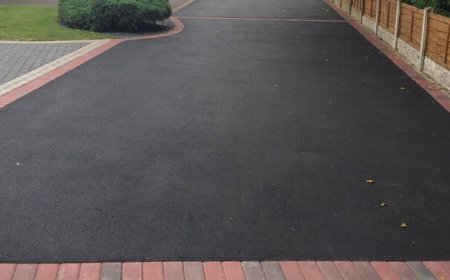Mastering the Game: A Complete Guide to Poker Training
Poker is more than just a card gameit's a battle of wits, psychology, and probability. Whether you're a casual player looking to sharpen your skills or someone aiming for high-stakes success, poker training is the key to leveling up your game. With the rise of online platforms, coaching programs, and advanced tools, the path to poker mastery has never been more accessible. This blog explores the essentials of poker training, including strategies, resources, and the mindset needed to succeed at every level.
Understanding the Importance of Poker Training
What Sets Trained Players Apart
While luck plays a role in the short term, skill dominates in the long run. Trained poker players consistently outperform their untrained counterparts due to better decision-making, strategic thinking, and risk management. Training enables players to analyze situations logically, predict opponents' behavior, and adjust their play style accordingly.
From Amateur to Expert
Poker training helps players transition from casual play to competitive performance. This evolution involves learning fundamentals like pot odds, hand ranges, and position strategy, as well as advanced concepts like bluffing frequency, bankroll management, and GTO (Game Theory Optimal) strategies. The journey from amateur to expert isn't overnight, but with the right approach, it's entirely achievable.
Key Elements of Effective Poker Training
Study the Fundamentals
Every great poker player starts by mastering the basics. These include:
-
Understanding hand rankings
-
Positional awareness
-
Betting structures (e.g., blinds, antes)
-
Pot odds and implied odds
New players often overlook the importance of position. Acting later in a betting round gives you more information and is a cornerstone of poker strategy.
Use Online Poker Training Platforms
There are numerous platforms dedicated to poker training, offering video tutorials, quizzes, live sessions, and downloadable tools. Some popular names include:
-
Run It Once
-
Upswing Poker
-
Poker Coaching by Jonathan Little
-
Advanced Poker Training
These platforms allow you to learn from seasoned pros and apply theoretical knowledge in practical scenarios through simulations and exercises.
Track Your Progress with Poker Software
Poker training goes beyond reading books and watching videos. Modern software like PokerTracker, Holdem Manager, and GTO+ offer in-depth statistical analysis. These tools help players identify weaknesses, review hand histories, and improve through data-driven insights.
For example, if you're consistently losing money in certain positions or making incorrect calls, software tools can highlight these trends, allowing for targeted improvement.
Practice Makes Perfect
No amount of theory replaces the value of real experience. Whether it's online micro-stakes games or local home games, consistent practice is crucial. Training involves repetition, trial and error, and adapting to real-world game dynamics.
To make your practice more productive:
-
Review your hands after each session
-
Take notes on opponent tendencies
-
Set goals for each playing session
-
Play with intention, not just for entertainment
Developing a Winning Mindset
Emotional Control and Discipline
Poker training isn't just about cards and mathits about emotional intelligence. The ability to stay calm under pressure, avoid tilt (emotional disruption), and make clear-headed decisions is essential for long-term success.
Mental training should include:
-
Mindfulness and focus exercises
-
Stress management techniques
-
Discipline in bankroll usage and table selection
Confidence Without Arrogance
Confidence grows through preparation. A well-trained player enters games with a clear plan and adapts when necessary. However, overconfidence can lead to reckless play. Balance your self-assurance with humility and a willingness to learn from mistakes.
Common Mistakes to Avoid in Poker Training
Overloading on Information
With countless resources available, its easy to become overwhelmed. Focus on one concept at a time. For instance, spend a week studying continuation bets before moving on to 3-bet ranges. Mastering individual elements creates a stronger overall game.
Ignoring Mental Game Development
Many players focus solely on technical skills and ignore mindset training. However, your mental state can have a direct impact on your decision-making at the table. Neglecting this aspect can lead to costly errors and burnout.
Failing to Review Past Sessions
One of the biggest training mistakes is not learning from past games. Use tools like hand history reviews and coaching feedback to understand what went wrong and what could be done better next time. Reflection is a core component of skill improvement.
Personalized Poker Training: Coaching and Mentorship
Hiring a Poker Coach
A good coach provides personalized insights and accelerates your learning curve. Whether it's one-on-one coaching or group sessions, working with a coach helps identify blind spots and provides structured guidance.
When choosing a coach, consider:
-
Their playing and teaching experience
-
Specialization (cash games, tournaments, online vs. live)
-
Student testimonials and success stories
Peer Learning and Study Groups
Joining a study group or poker community can also enhance your training. Platforms like Discord, Reddits r/poker, and dedicated forums allow players to exchange strategies, discuss hands, and challenge each other in a supportive environment.
Advanced Strategies in Poker Training
Hand Range Analysis
Rather than thinking in terms of individual hands, expert players think in ranges. For example, instead of asking, Does he have an Ace? ask, What range of hands could he be playing this way? Training to assign ranges and adjust your strategy accordingly is key to beating tough opponents.
Exploitative vs. GTO Play
GTO (Game Theory Optimal) is a mathematical approach that ensures your strategy cannot be exploited over time. However, in many situations, especially against weaker opponents, exploitative playdeviating from GTO to take advantage of others mistakescan be more profitable.
Poker training should cover both approaches and help you understand when each is appropriate.
Staying Consistent in Your Training Journey
Set Realistic Goals
Improvement takes time. Set short-term and long-term goals, such as:
-
Learning one new strategy per week
-
Playing a set number of hands per month
-
Reducing tilt episodes over time
-
Reaching a certain bankroll or stake level
Track your progress and celebrate small victories to stay motivated.
Keep the Passion Alive
Poker is a lifelong learning experience. Avoid burnout by balancing training with enjoyment. Watch entertaining streams, join poker challenges, or play different formats like Omaha or tournaments to keep things fresh.
Conclusion: Poker Training is the Path to Excellence
Whether you dream of going pro or just want to crush your local games, poker training provides the foundation for success. By mastering strategy, refining your mindset, and learning from every session, you transform from a casual player into a serious contender.




































